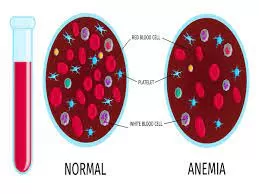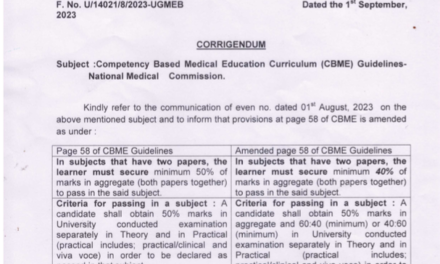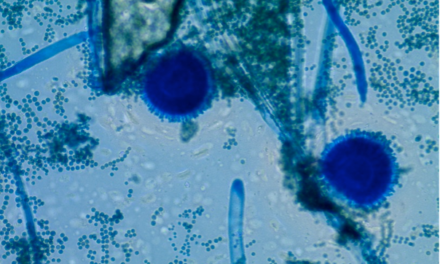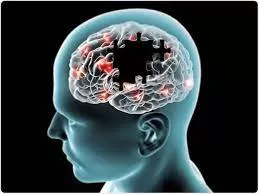Health experts have underscored the prevalent yet preventable threat of anaemia among girls and women in India, highlighting the urgent need for awareness and proactive measures to address the issue. Anaemia, characterized by a deficiency of healthy red blood cells or haemoglobin crucial for oxygen transportation to the body’s tissues, poses significant health risks, particularly among women and girls, experts cautioned on Sunday.
According to insights shared by health professionals, anaemia stems from various factors, including a lack of a proper iron-rich diet, which is especially common among women in their reproductive age. This deficiency often manifests in symptoms such as tiredness, weakness, and shortness of breath, significantly impacting the quality of life for affected individuals.
Citing data from the National Family Health Survey 5 (NFHS-5, 2019-21), experts highlighted alarming statistics revealing the magnitude of anaemia prevalence in India. The survey indicates that 25 per cent of men aged 15-49 years and a staggering 57 per cent of women within the same age group suffer from anaemia.
“Anaemia is a very common and another rampant problem in Indian ladies, especially, due to intake of a diet low in iron and sometimes, it is genetically determined also. A vegetarian diet is quite low in iron and hence, supplements are necessary,” remarked Dr. M. Wali, Senior Consultant at the Department of Medicine, Sir Ganga Ram Hospital.
Furthermore, pregnancy and lactation significantly increase the iron requirements for women, making them particularly vulnerable to anaemia. Dr. Wali emphasized that anaemia is prevalent among both rural and urban women in India, with various factors contributing to its occurrence.
The NFHS-5 data also sheds light on the widespread prevalence of anaemia among adolescents, pregnant women, and small children, indicating the far-reaching impact of this health concern across different demographics.
“Anaemia poses a significant health challenge in India, especially for women as they are more prone to lower haemoglobin levels owing to their distinct physiological requirements, including menstrual and pregnancy-related blood loss,” highlighted Dr. Rahul Bhargava, Principal Director & Chief BMT at Fortis Memorial Research Institute, Gurugram.
Notably, health experts emphasized the insidious nature of anaemia, with symptoms often appearing late and progressing slowly, making detection challenging. They advocated for proactive measures such as consuming iron-rich foods, taking supplements, and promoting regular screening to combat the condition effectively.
“Many women quietly battle anaemia — a preventable threat in India. By promoting a balanced diet rich in iron, advocating for accessible iron supplements available through government systems, and emphasising regular screening, we can empower women to combat anaemia and embrace healthier lives together,” remarked Dr. Ameet Babre, National Programme Manager at Nutrition International.
In conclusion, health experts highlighted the critical importance of preventive measures against anaemia, including adopting an iron-rich diet comprising lean meats, poultry, fish, legumes, leafy greens, fortified cereals, and fruits like guava, banana, figs, and pomegranate. By raising awareness and implementing proactive strategies, stakeholders can work together to mitigate the impact of anaemia and promote the well-being of girls and women across India.











